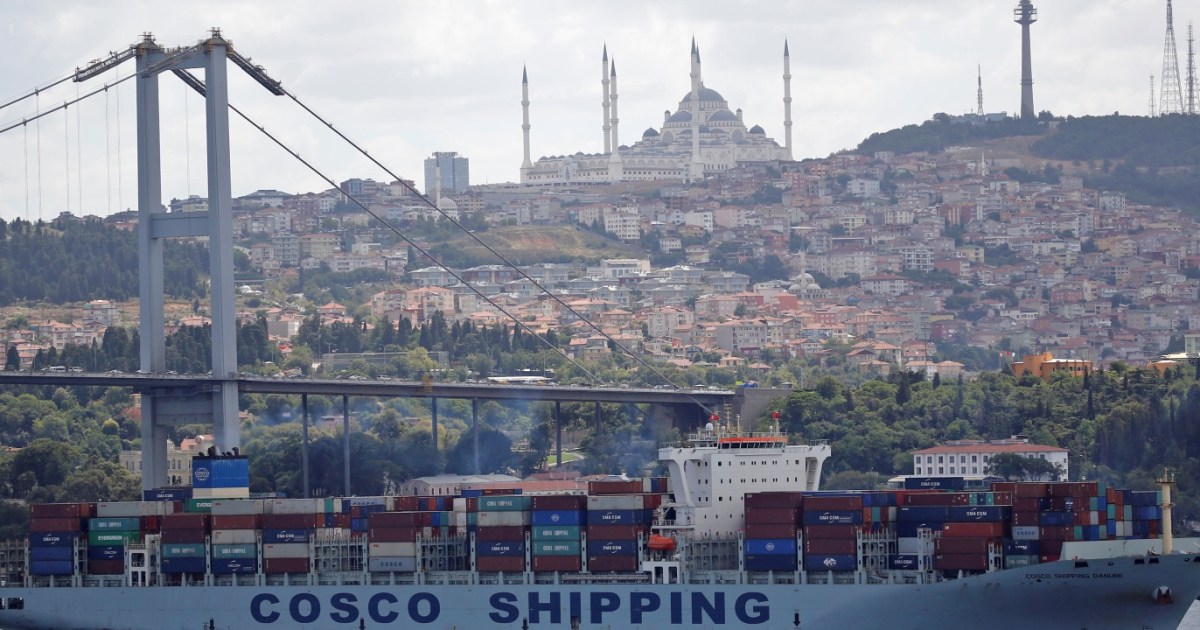Data on Monday showed that the Turkish economy grew at a lower rate than expected, but it continued to record strong activity, with a growth of 5.9% in the fourth quarter of 2020 and 1.8% for the year as a whole, and it emerged as one of only few economies in the world that avoided deflation in the wake of the virus pandemic Corona.
The Turkish Statistics Institute said that the GDP for the fourth quarter grew 1.7% compared to the previous quarter on a modified basis in light of seasonal and calendar factors, driven by a credit boom in the middle of 2020.
The increase in GDP growth in the second half of the year, which exceeded the expected rate for Turkey, was driven by an increase in lending by state banks to almost double to cope with the first pandemic wave.
While Turkey surpassed all emerging markets and its counterparts in the G20 countries with the exception of China, the growth of the Turkish economy came at a price, as cheap lending accelerated a record decline in the lira and shrank foreign exchange reserves, and contributed to pushing inflation to 15%, and it did not succeed. Except in providing a few jobs.
In a Reuters poll, GDP was expected to grow 7.1% year-on-year in the fourth quarter, despite the imposition of curfews and new restrictions on the services sector to counter the second Covid-19 wave, and 2.3% for the year as a whole.
Most of the world’s economies shrank and entered recession last year, and the economies of emerging and developing countries shrank by 2.4%, according to the International Monetary Fund.

